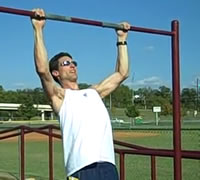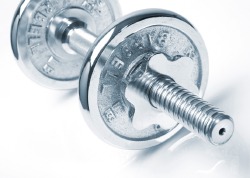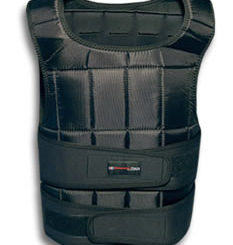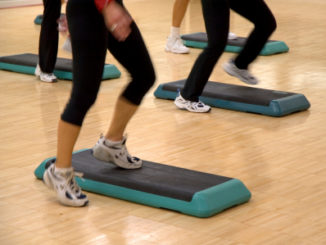
Pull ups are one of the most effective exercises you can do, and one of the simplest. The only equipment needed to do a pull up is a bar to pull up on.
But just because pull ups are simple, doesn’t mean they’re easy. Many people cannot perform even one pull up. But, if you add this exercise to your strength training routine, you’ll see a significant increase in your strength.
Which Muscles are Worked When Performing a Pull Up?
Pull ups work the major muscles of the back, the upper arms and the shoulders all at once.
Specifically, the muscles targeted when doing pull ups include:
- Biceps
- Bracchialis
- Brachioradialus
- Deltoid
- Latissimus Dorsi
- Levator Scapulae
- Pectoralis Major and Minor
- Rhomboids
- Teres Major
- Trapezius
- Triceps
Pull ups will make your upper body stronger and more defined. They are one of the best exercises you can do to increase body strength. They also work some muscles that few other exercises will work.
How to Perform Pull Ups Correctly
- Grasp a sturdy bar overhead with your hands about shoulder width apart. Palms are facing away from you depending on the type of pull-up being performed.
- With arms straightened, allow your body to hang from the bar.
- Pull yourself up, until your chin is over the top of the bar and your chest is almost touching the bar.
- As you’re pulling up, focus on keeping your body straight. Do not swing or arch your back.
Pull-Ups Training Tips
Proper form is critical with pull ups, in order to avoid injury
If you cannot perform even one pull up when you begin; don’t despair. Try doing chin ups instead. Chin ups are the essentially the same as pull ups, but your palms face you instead of facing away from you. They are easier for beginners and work the biceps more than pull ups. Even when you are proficient at pull ups, chin ups are a good alternative exercise.
You can also try having a partner help you by holding your body by the sides and pushing up as you pull up. This can make it easier for you to get up to the bar without having to rely too much on momentum, which can cause injury.
You can also try looping a resistance band around your knee, with the other end looped around the pull up bar. This may give you just the extra boost you need.
If you still cannot perform a pull up or chin up, try performing some easier upper body exercises, like sit ups until you gain more strength. But, at some point, in order to be able to do chin ups and pull ups, you’re going to have to practice just doing chin ups and pull ups.
Pull ups may be one of the hardest exercises for many people to accomplish. However, they are also one of the most beneficial in terms of gaining upper body strength that you’ll use not only for further exercising, but also for everyday lifting and moving.




Be the first to comment